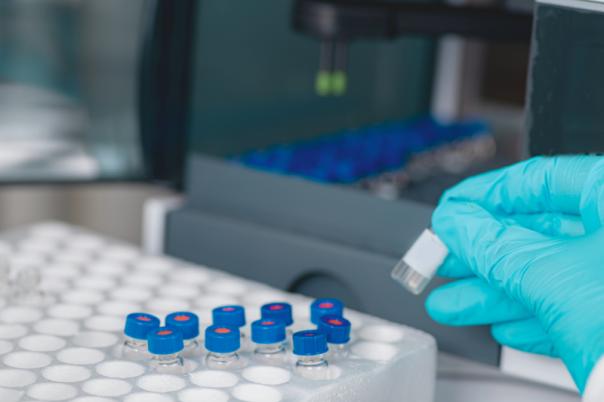Polyanion alginate oligosaccharide is a low molecular weight polysaccharide used for coating lipid nanoparticles (LNPs) to enhance delivery through mucus barriers and improve transfection. Philip Rye, Chief Scientific Officer at AlgiPharma, explained that his company is trying and testing this technology out and fine-tuning these oligosaccharides so that they are tailored for individual LNPs.
At AlgiPharma, LNPs are coated, meaning they undergo a simple incubation of LNPs with polyanion alginate oligosaccharides. This process produces a stable coating that can be stored at freezing temperatures yet also tolerates multiple freeze-thaw cycles.
An in vitro assay mixed the particles with alginates, and the coated LNPs demonstrated a significant increase in translocation across a simulated cystic fibrosis mucus barrier. Compared to untreated controls, there was a 14 times improvement. LNPs remained intact after translocation, and they were able to reverse the charge of cationic particles, which prevented mucus adhesion - a key challenge associated with positive particles in the mucus.
In a standard transfection model using firefly luciferase, the coated LNPs demonstrated a tenfold increase in bioluminescence. Rye commented that this indicates enhanced mRNA transfection efficiency.
The alginate polysaccharides have been tested in multiple inhalation clinical trials and shown to be safe and well-tolerated, with no immunogenicity observed. The coating process does not require reformulation of LNPs and maintains stability during storage. Rye concluded: “We can tune them (Polyanion alginate oligosaccharides) to individual LNP properties, providing a unique, tailored product unlike any other polyanion polymers.




